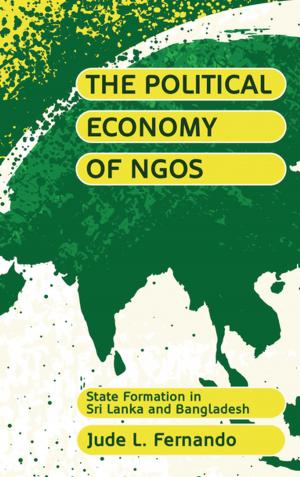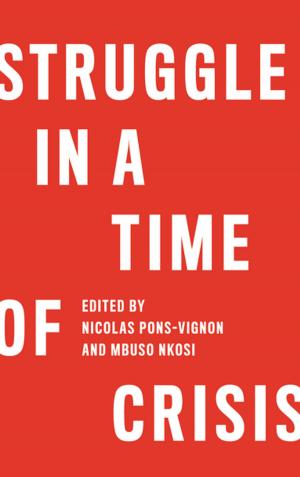Fredrik Barth
An Intellectual Biography
Nonfiction, Social & Cultural Studies, Social Science, Anthropology| Author: | Thomas Hylland Eriksen | ISBN: | 9781783713066 |
| Publisher: | Pluto Press | Publication: | April 20, 2015 |
| Imprint: | Pluto Press | Language: | English |
| Author: | Thomas Hylland Eriksen |
| ISBN: | 9781783713066 |
| Publisher: | Pluto Press |
| Publication: | April 20, 2015 |
| Imprint: | Pluto Press |
| Language: | English |
Fredrik Barth is one of the towering figures of twentieth-century anthropology. This intellectual history traces the development of Barth’s ideas and explores the substance of his contributions. In an accessible style, Thomas Eriksen’s biographical study reveals the magic of ethnography to professional anthropologists and non-practitioners alike.
Exploring his six decade career, it follows Barth from early ecological studies in Pakistan, to political studies in Iran, to groundbreaking fieldwork in Norway, New Guinea, Bali and Bhutan. Eriksen argues that Barth's voracious appetite for fieldwork holds the key to understanding his remarkable intellectual development and the insights it produced. The book raises many of the same questions that emerge from Barth's own work - of unity and diversity, of culture and relativism, of art and science.
Thomas Eriksen is himself a major contributor to the study of anthropology, as well as a distinguished educator, and is therefore ideally placed to introduce the life and work of Fredrik Barth. This will surely be the definitive book on its subject for many years to come.
Fredrik Barth is one of the towering figures of twentieth-century anthropology. This intellectual history traces the development of Barth’s ideas and explores the substance of his contributions. In an accessible style, Thomas Eriksen’s biographical study reveals the magic of ethnography to professional anthropologists and non-practitioners alike.
Exploring his six decade career, it follows Barth from early ecological studies in Pakistan, to political studies in Iran, to groundbreaking fieldwork in Norway, New Guinea, Bali and Bhutan. Eriksen argues that Barth's voracious appetite for fieldwork holds the key to understanding his remarkable intellectual development and the insights it produced. The book raises many of the same questions that emerge from Barth's own work - of unity and diversity, of culture and relativism, of art and science.
Thomas Eriksen is himself a major contributor to the study of anthropology, as well as a distinguished educator, and is therefore ideally placed to introduce the life and work of Fredrik Barth. This will surely be the definitive book on its subject for many years to come.















